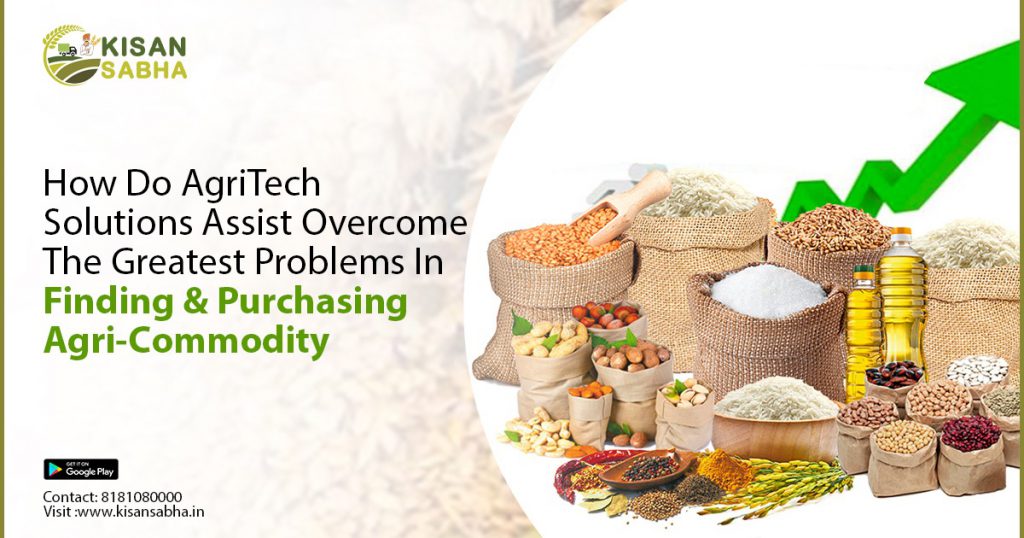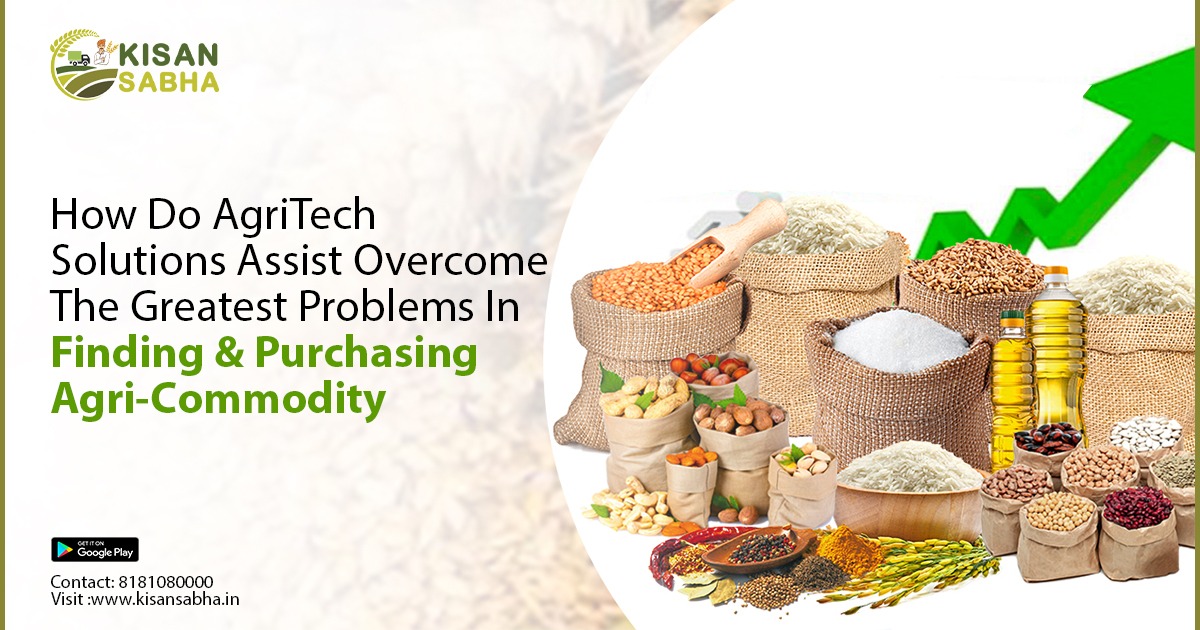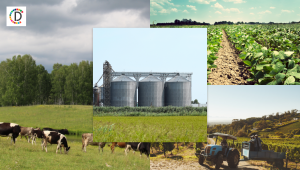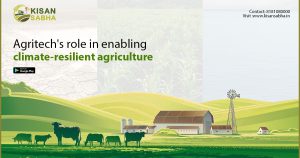The complex network of stakeholders in the agri-food supply chain, which serves a variety of agri-ecosystem segments, has complicated the chain in the past and continues to do so. Those active in sourcing and purchasing agri-commodities serve as a crucial link between agricultural communities and food processing companies around the world. They make sure that the greatest raw materials, used to make the best food products, get to the factories. There are difficulties associated with the supply chain’s complexity. Let’s examine significant supply chain issues and how agricultural technology is assisting agribusinesses in solving them.
What Issues in the Supply Chain Can Agritech Help Solve?
- Reduce post-harvest losses as early in the supply chain as possible.
- Facilitate food safety and quality compliance for export
- Guarantee that food moves more quickly along the supply chain.
- Provide traceability for agri-food products to boost consumer confidence in the brand
Reduce post-harvest losses as early in the supply chain as possible.
One of the biggest worries that procurement companies have at the time of harvest is whether the harvested produce they receive will be of the quality they want and the quantity they got guaranteed.
The cultivation of crops at various growth phases gets impacted by a variety of elements, including the climate, which is particularly sensitive to agriculture. A change in soil conditions, pest infestations, crop diseases, and unfavourable and unpredictable weather patterns are just a few of the elements that can significantly reduce agricultural productivity.
The use of an agri-technology platform is unarguably the most effective strategy to boost the agricultural output and efficiency of the field workforce. It enables the digitalization of numerous field operations so that farming methods are constantly improved based on real-world data that yields useful insights.

Facilitate food safety and quality compliance for export
Strict import laws on the calibre of agri-food goods are how international markets safeguard the interests of their customers. Exporters work hard to adhere to each nation’s requirements in order to obtain the approval for trade.
On the one hand, it gives consumers the power to learn all there is to know about the products they use. The transparency of the processes also helps food producers build a relationship with the consumer. What else can agri-stakeholders do to further increase openness and value for their company?
A system that enables crop cultivation monitoring can be set up by commodity merchants and businesses that buy agricultural products from farmers and export them to another nation. To make sure growers follow farming practises that are consistent with trade standards, they might employ farm management solutions.
Ensure that food moves through the supply chain more quickly.
Around 14% of the world’s food is actually lost between harvest and retail sales, according to theexperts, and logistics is a significant loss point in addition to other factors. For perishable goods, such as fresh fruits and vegetables, to keep as fresh as possible until they reach the consumer, a well-organized logistics system is essential, especially if the goods were not produced nearby. The transfer of the commodities might also get hampered and significant post-harvest losses can result from a lack of clear communication between the producers and the procuring firms.
By offering a dependable multi-stakeholder platform for effective communication amongst the various stakeholders involved, cloud-based networks help enterprises address such supply chain issues.
Provide traceability for agri-food products to boost consumer confidence in the brand
To ensure they offer only the best products, large businesses that serve customers worldwide must maintain a close eye on the supply chain.Customers view farm-to-fork traceability as a symbol of food safety and quality and it is essential for verifying the origin of an ingredient.
Procurement companies can use cutting-edge agritech solutions tools to track all the processes involved in the cultivation of the agri-commodity. By using this intelligence, procurement organisations can further improve the supply chain and win the trust and loyalty of end consumers.
Product recalls are one of the major supply chain issues where traceability is advantageous. With distinctive identifiers, brands may quickly determine which products are unfit for consumption and take the necessary action, minimising losses and preserving customer confidence in the brand.
Conclusion
Today’s top global brands use cutting-edge technologies to make informed purchasing decisions. These companies can discover crops of interest in relation to the hectarage planted, the health of the crop, and its anticipated yield output thanks to the capability of remote sensing, artificial intelligence, machine learning, and cloud computing when adjusted to local complexity. This will not simply help better sourcing options for the organisation, but will also allow them to determine if they will have enough quantities of the produce for manufacturing their product.
Visit us- KisanSabha.in





